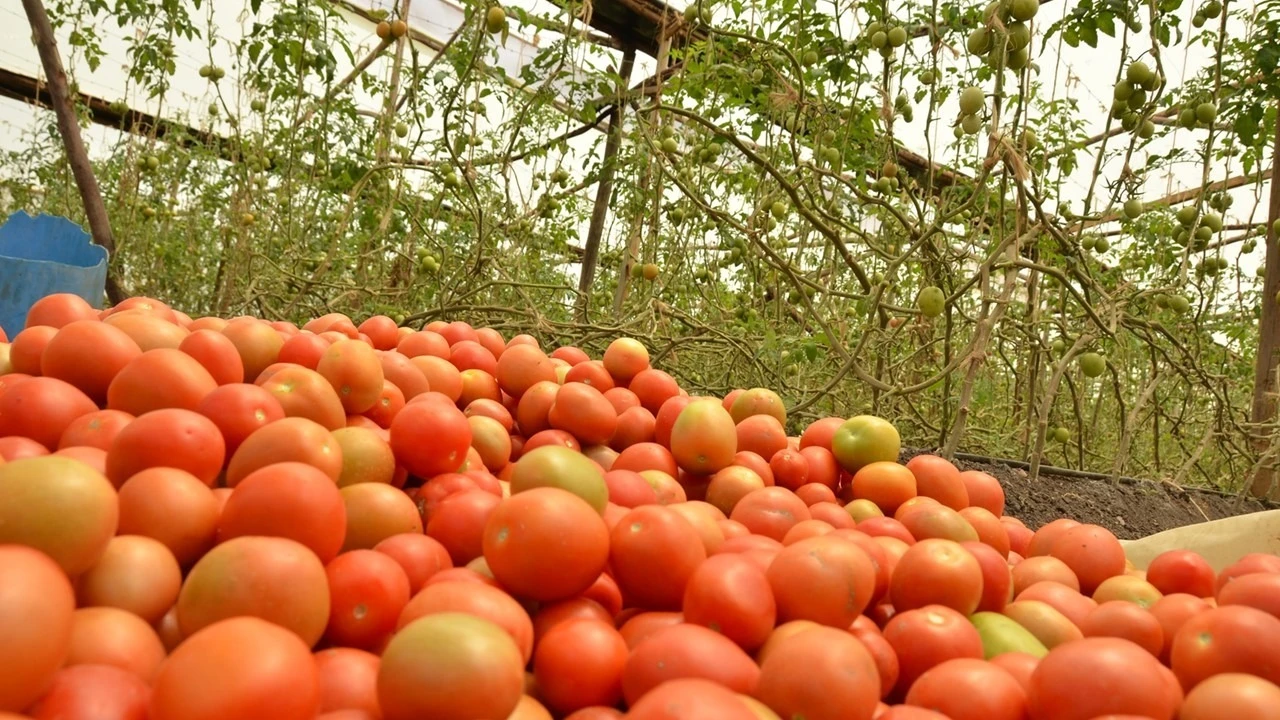Scaling improved on-farm storage in Tanzania: Adoption, impact of hermetic storage technology

THE Agricultural Non-State Actors Forum (ANSAF), in collaboration with HELVETAS, hosted a crucial meeting in Dodoma to present a policy brief focused on reducing post-harvest losses through the use of hermetic storage bags. This follows comprehensive research conducted by the Sokoine University of Agriculture on the effectiveness of hermetic storage technology across Tanzania. The meeting aimed to engage the parliamentary committee on agriculture, providing them with insights from the research and advocating for policy changes that can help mitigate post-harvest losses.
In Tanzania, post-harvest loss continues to be a major challenge for farmers, leading to significant economic and food security issues. However, a promising solution is emerging through the use of hermetic storage bags, a technology designed to preserve crops and reduce loss. This method has shown potential in revolutionizing how farmers store their harvests, offering a sustainable, eco-friendly, and safe alternative to conventional storage practices. But what are the barriers to widespread adoption, and what impact could VAT exemption and deferred payment schemes have on this technology's use in Tanzania?
The Power of Hermetic Storage
Hermetic storage bags, which function as sealed containers, protect crops by reducing moisture and oxygen levels, creating an environment where pests and fungi cannot thrive. This preservation technology has gained popularity due to its ability to significantly reduce post-harvest losses and protect the quality of crops like maize, beans, and other grains. Crops stored in hermetic bags can last much longer than those stored in traditional, open-air conditions, effectively extending the shelf life of the harvest and improving overall food security.
In addition, hermetic bags are free from harmful chemicals often used in traditional storage methods, such as pesticides. This is particularly important in the context of growing awareness around the environmental and health risks associated with chemical use in farming. By eliminating the need for harmful chemicals, hermetic bags offer a safe, eco-friendly alternative that is better for both the environment and the health of consumers.
Challenges to Adoption
Despite the clear benefits, the adoption of hermetic storage in Tanzania faces several challenges. One major hurdle is the high cost of hermetic bags. For many smallholder farmers in Tanzania, the price of these bags is a significant barrier. Local farmers often struggle with financial constraints, making it difficult to invest in this technology even though the long-term benefits are clear. The bags are relatively more expensive than traditional storage methods, and farmers are hesitant to adopt them unless they are certain of a return on investment.
VAT Zero Rated: A Key Solution?
A critical issue that exacerbates the cost of hermetic bags in Tanzania is the Value Added Tax (VAT). While most agricultural production inputs, including storage chemicals, benefit from VAT exemptions, hermetic storage bags are currently subject to an 18% VAT. This makes the bags even less affordable for farmers, who already face financial strain.
The introduction of VAT zero rated for hermetic storage bags could significantly reduce their price and make them more accessible to local farmers. If these bags were VAT-exempt, the reduction in price would likely stimulate demand and encourage wider adoption. Moreover, this would align with the government's broader goal of reducing post-harvest losses and increasing food security in the country.
Deferred Payments: Easing Financial Barriers
Another potential solution is offering deferred payment options for the purchase of hermetic bags. Many farmers may be unable to pay the full price of the bags upfront, but offering the option to pay overtime could ease their financial burden. Agro-dealers could collaborate with financial institutions or government programs to create schemes that allow farmers to buy the bags now and pay later, ensuring that they are still able to benefit from this technology without jeopardizing their immediate financial needs.
Socio-Economic Impact
The impact of widespread adoption of hermetic storage technology in Tanzania would likely be far-reaching. Reducing post-harvest losses means that farmers can retain more of their harvest, which could lead to increased incomes and improved livelihoods. With less spoilage, farmers can also sell their crops at higher prices or store them for later sale during times of scarcity, when market prices tend to rise.
Furthermore, the reduction in post-harvest loss would help to improve food security at the household level. More preserved crops mean that families can rely on their harvests for a longer period, reducing their dependence on market purchases. This is especially important in rural areas, where access to food and resources can be limited.
Beyond the household level, the wider use of hermetic bags could have positive ripple effects on the local economy. With reduced losses, the agricultural sector could see more stable supply chains, and farmers could potentially create new markets for their surplus crops. The technology's ability to preserve crops could also support sustainable agricultural practices, as farmers would be able to maximize the use of their land and reduce waste.
The adoption of hermetic storage bags offers a sustainable and effective solution to the challenge of post-harvest loss in Tanzania. However, for this technology to reach its full potential, financial barriers must be addressed. VAT Zero and deferred payment options are two key strategies that could facilitate the adoption of hermetic storage bags and make them more accessible to local farmers.
By making these storage solutions affordable and accessible, Tanzania can significantly reduce post-harvest losses, improve the welfare of smallholder farmers, and contribute to national food security. In the end, hermetic storage not only protects crops but also empowers farmers, creating a more resilient and sustainable agricultural system for the future.
Top Headlines
© 2025 IPPMEDIA.COM. ALL RIGHTS RESERVED

























